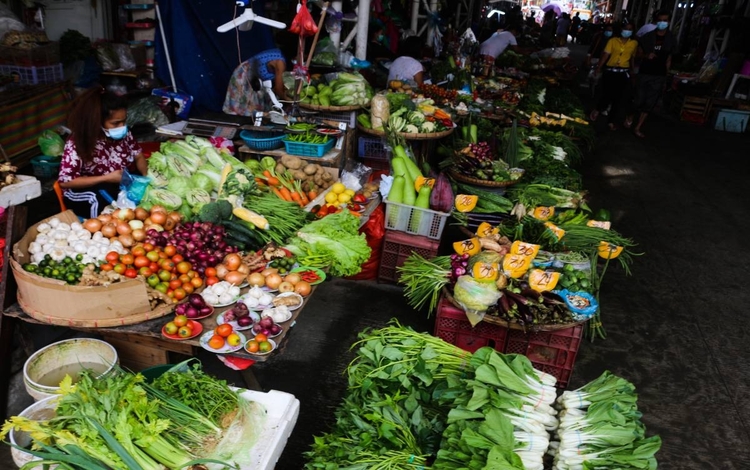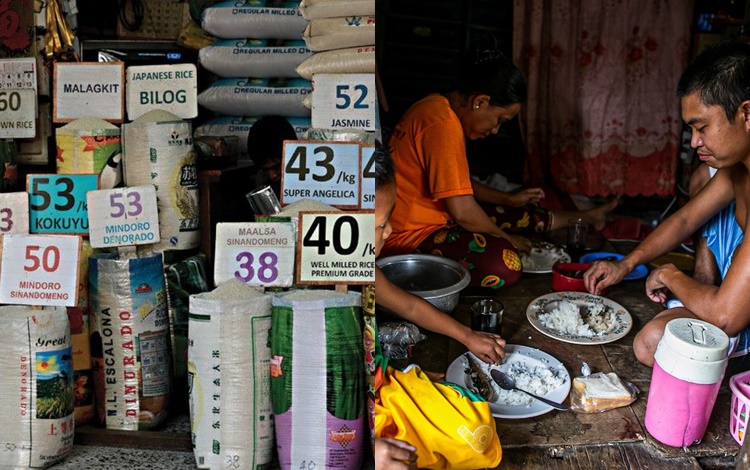The prices of essential commodities across the country continue to rise. One such example is the significant increase in the price of chili Labuyo, which has gone from 500 pesos per kilo to 800 pesos per kilo in Metro Manila. What has caused this surge in prices, and how does it affect the citizens?

According to experts, one of the primary reasons for the increase in chili Labuyo prices is the damage caused by recent typhoons to some of its plantations. Several hectares of these crops were affected by past storms and the southwest monsoon. The shortage in supply has resulted in a severe scarcity, driving prices higher.

The ongoing supply issue with key staples like sugar, garlic, and rice in the Philippines is also exacerbating the problem. Over the past years, supply shortages have posed a challenge. The continuous rise in the prices of these essential commodities is making it increasingly difficult for citizens. Many are concerned and are calling for price reductions on these products. Some groups are even calling for the resignation of President Bongbong Marcos as the Department of Agriculture Secretary due to the persistent issues in the agriculture sector regarding rising prices.

Among the steps taken by the government is the search for alternative sources of chili supply in various parts of the Philippines, but there is a concern that this could affect prices in other regions. Bringing chili Labuyo to Metro Manila may potentially cause shortages in other areas, leading to higher prices for local consumers.
Another concern is the similarity in prices between the provinces and Metro Manila. Even when there is an adequate supply in the provinces, high prices often persist in Metro Manila. This situation is causing worry among citizens and calls for proper monitoring and regulation by the authorities.

Overall, the continuous increase in the prices of essential commodities in the Philippines is becoming a deep-seated issue for the citizens. It is crucial for there to be coordination between the government, farmers, and businesses to address these problems. Immediate action is also needed to maintain sufficient supply and avoid further price hikes, ensuring that the Filipino people do not face even greater economic hardships.
